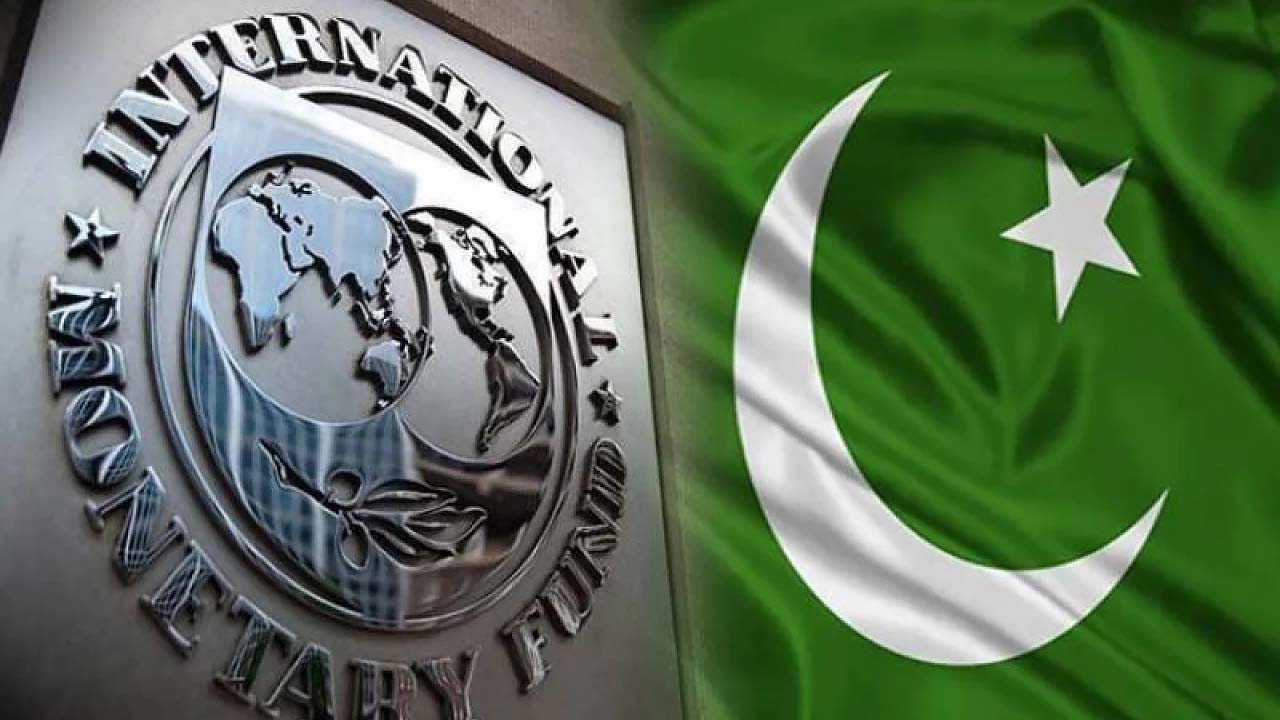Aqeel Haider
WhatsApp services have experienced significant disruptions across Pakistan, with thousands of users reporting difficulties in sending and receiving media files such as voice notes, pictures, and videos.
The issue, which began late Thursday night, has affected users in various parts of the country, particularly in major cities like Islamabad, Lahore, Faisalabad, and Karachi.
Reports from social media platforms and outage monitoring services like DownDetector have highlighted the severity of the issue. Users have taken to these platforms to express their frustration, noting that WhatsApp’s media-sharing capabilities have been severely impacted. The problem is not limited to just one type of media; video, voice, and image files are all affected.
Many users have reported that while text messages are being delivered without issue, media files are either not uploading at all or are stuck in a perpetual loading state. This has caused considerable inconvenience, especially for those relying on WhatsApp for business or urgent communication.
In response to the outages, some users have resorted to using Virtual Private Networks (VPNs) to bypass the restrictions and send media files. While VPNs have provided a temporary solution for some, they are not a viable long-term fix for most users, particularly those who are not familiar with setting up or using VPNs. The necessity of using a VPN to access standard services has raised concerns among the affected population, who are seeking a more permanent resolution to the problem.
Interestingly, a similar issue has been reported with Instagram, another popular social media platform owned by Meta. Users have noted that they are facing difficulties in sharing media on Instagram as well, although the scale of the problem appears to be less widespread compared to WhatsApp. The simultaneous issues on both platforms have led to speculation that the disruptions may be related, possibly stemming from a larger technical or regulatory issue.
The majority of complaints have come from Pakistan’s largest cities, where digital communication plays a crucial role in both personal and professional spheres. In Islamabad, Lahore, Faisalabad, and Karachi, users have been particularly vocal about their experiences with the outages. These cities are key hubs for business and commerce, and the disruptions have had a noticeable impact on daily activities, including business communications and social interactions.
Despite the widespread reports of outages, some users have indicated that they have not experienced any issues with WhatsApp. These mixed experiences have added to the confusion, as it remains unclear why some users are affected while others are not. The inconsistency in service has left many users puzzled and frustrated, as they struggle to understand the root cause of the problem.
As of now, the Pakistan Telecommunication Authority (PTA) and most internet service providers (ISPs) have not issued any official statements or clarifications regarding the ongoing issues. The silence from official channels has only added to the uncertainty, leaving users without clear information on when the problem might be resolved.
In the absence of official communication, speculation has been rife on social media, with users sharing various theories about the possible causes of the outages. Some have suggested that the disruptions could be related to ongoing technical upgrades, while others have speculated that regulatory actions may be involved. However, without confirmation from the relevant authorities, these remain mere conjectures.
For now, users in Pakistan are left to navigate the disruptions as best they can, with many relying on temporary solutions like VPNs. The lack of official communication has only added to the frustration, as users are left in the dark about when normal service might resume. As the issue continues to affect a significant portion of the population, the need for a prompt and transparent resolution is becoming increasingly urgent.




